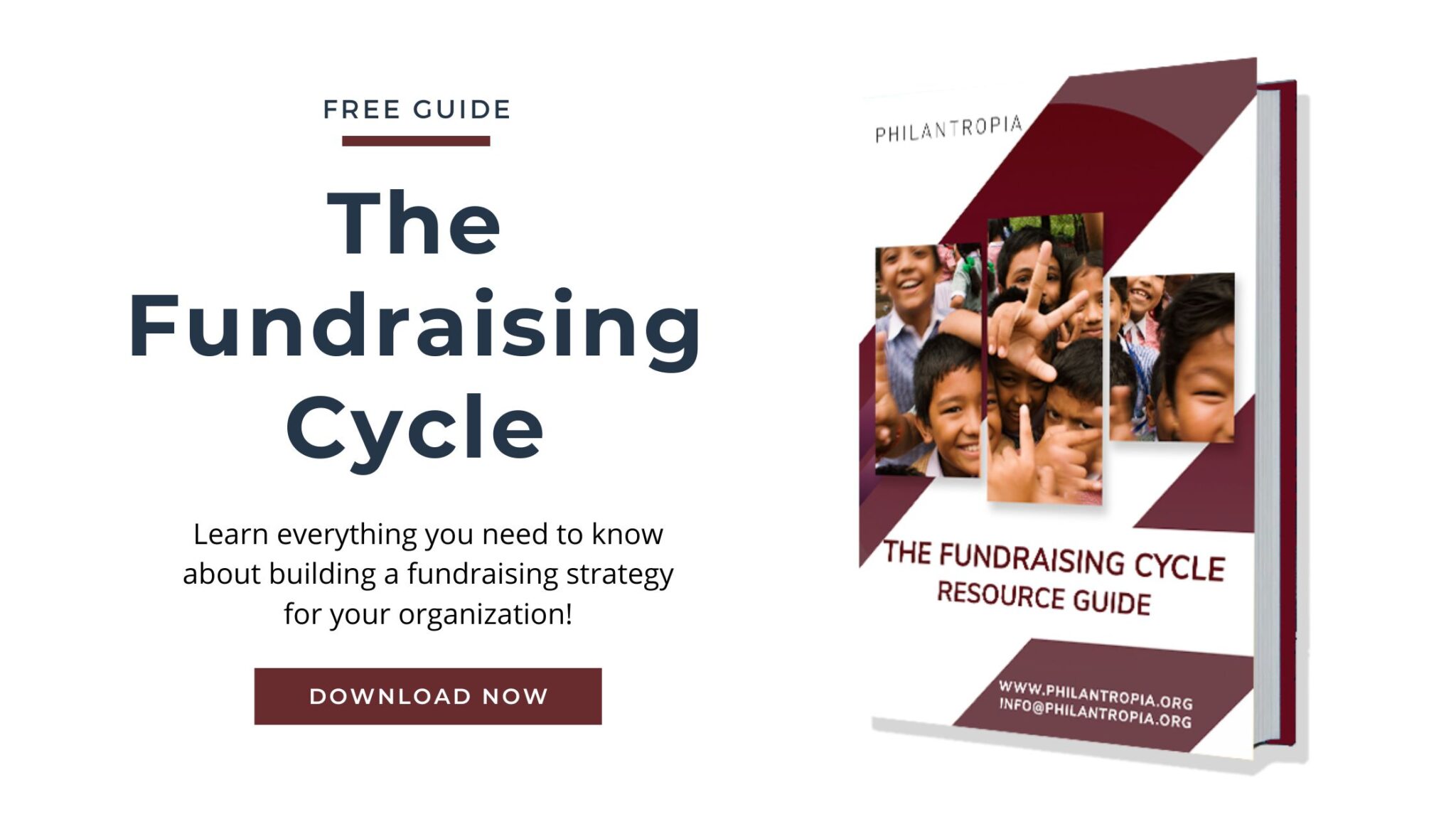In our previous article, we explained how donors use location, issue, and beneficiary type to explain their funding priorities. While those three categories are the most common ways donors organize their grant programs, there are occasionally other considerations as well. While these priorities are less common and harder to search for, they are still important for understanding donors. Review your own organization and decide where your work falls in these categories. This will make donor identification much easier in the long run.
Approach
There are many different methods of approaching a problem. NGOs working in very similar fields may have radically different approaches. For example, there are many NGOs working to end gender discrimination. One NGO may approach this problem by educating girls, a second NGO may challenge discriminatory laws, a different NGO may support feminist artists, and another NGO may train boys in gender awareness. All of these NGOs are working towards a similar goal, but are taking very different steps to get there.
Other examples of project approaches include:
- Innovation/technology, using new ideas to solve old problems
- Faith-based, following religious teachings to do good (may including converting or religious teachings)
- Government lobbying, advocating lawmakers or political parties for policy decisions
- Business/entrepreneurship, making social change and profit in a sustainable way
- Community-lead, using bottom-up methods to build and run projects
Some donors have specific approaches they are looking for. They may only fund research, projects partnering with universities or governments, etc. But in general, most donors care little about how an NGO approaches a problem. Donors most care about solving a problem and do not necessarily care which road an NGO takes to get there. Thus finding a match in approach between your project and a donor is generally not as important as the others. However, sometimes donors state approaches they will not fund. Some donors may refuse to fund lobbying efforts, proselytizing, product launches, etc.
While still rare, there seems to be a growing interest in donors who only pay attention to project approach. Some newer donors, in particular, are set up to only fund specific approaches, regardless of geographic or thematic area. For instance, some donors fund any type of innovation with the potential for social change, business solutions for poverty alleviation, etc.
Network
Some donors particularly want to fund NGOs or projects they are directly connected with. Some donors only fund organizations within their network because they get overwhelmed by unsolicited applications. But other types of donors specifically want to engage members in their giving. Here are some specific examples:
- A corporate foundation only accepts applications that come recommended by a company employee
- A religious institution allocates funding based on where its members volunteer
- A private family foundation chooses projects based on input from relatives
Look around at the networks and organizations you and your teammates are already a part of. Try asking if any of these networks support member-affiliated projects.
Organization
Many donors do have preferences regarding the types of NGOs they fund. These preferences can be due to legal requirements, project scalability, type of project to compete, etc. For example, if a donor wants to give small grants, it may make sense to only fund small NGOs. If a donor wants to promote religious activities, it would make sense to fund faith-based organizations. Here are some additional examples:
- Large INGOs which can easily absorb large grants and run international projects
- An NGO registered in the same country as the donor, which makes sending money and receiving tax benefits easier
- Grassroots or local NGOs which are cost-effective and from the community they want to help
- New start-ups approaching an issue in a new or innovative way
Some donors may also have restrictions against certain types of organizations. For example, many donors will refuse to fund political parties or individuals. Compare your organization to the list of previously funded organizations, and also check if the donor has any restrictions on applicants.




